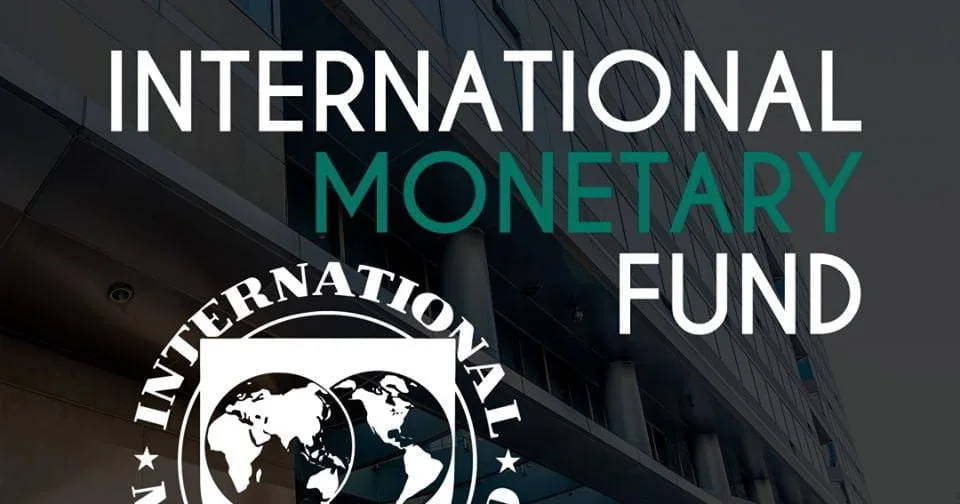The International Monetary Fund (IMF) thinks that Stablecoins and CBDCs have the potential to enhance financial inclusion and improve the quality of financial services in the Pacific Islands’ most remote and dispersed nations.

The IMF published a report on March 25 examining the potential impact of central bank digital currencies (CBDCs) and stablecoins on the economies of the Pacific Islands.
Senior economic experts from the IMF underscored the difficulties encountered by the dozens of nations and microstates situated in the Pacific Islands region in a 58-page document:
“Limited and unequal access to financial services contributes to persistent poverty and inequality. The countries also are highly dependent on remittance flows, which makes them disproportionately impacted by diminishing correspondent banking relationships.”
The IMF thinks these countries can benefit from the digital money revolution by advancing payment systems, broadening financial inclusion, and preventing the severance of correspondent banking relationships.
In addition to private stablecoins guaranteed by foreign currencies, the report mentions CBDCs, a subject that the IMF has vociferously supported.
Inadequate supervision capabilities dissuade the IMF from recommending smaller Pacific Island countries (PICs) issue their sovereign stablecoins. Nevertheless, the report does not reference Tether as the sole private stablecoin.
The report recommends a two-tier CBDC for PICs with mature banks and a functioning national currency. Under this arrangement, the central bank issues the CBDCs but delegates the operational tasks to private intermediaries. Regarding others:
“Foreign currency–based stablecoins could be a realistic alternative for countries without their currencies, though only with robust regulation and supervision.”
According to the summary of the financial systems of the current PICs, none of them use private cryptocurrencies or stablecoins on an official level, and only a handful—Fiji, Palau, Solomon Islands, and Vanuatu—are investigating the possibility of implementing a CBDC.
The IMF maintains its position as a prominent global advocate for the adoption and operation of CBDCs. Kristalina Georgieva, the organization’s managing director, urged the public sector to “continue preparing to deploy” CBDCs in November 2023.
She believes CBDCs can coexist with “private money” as a “safe and low-cost alternative” to currency.
